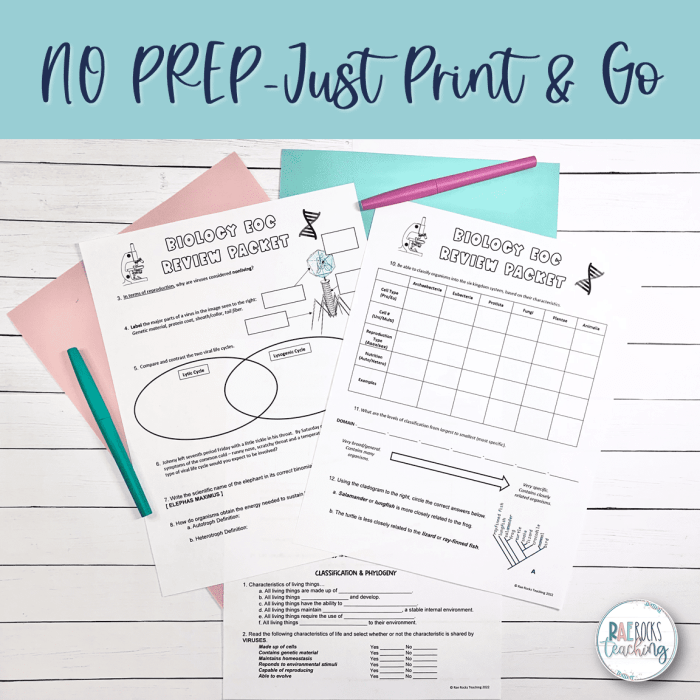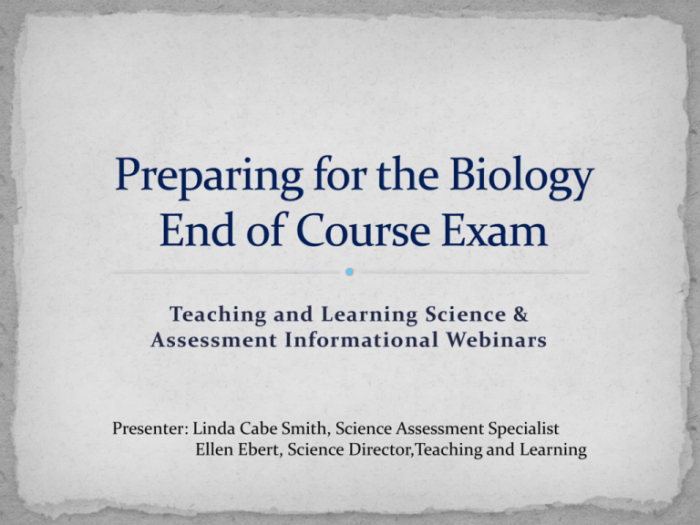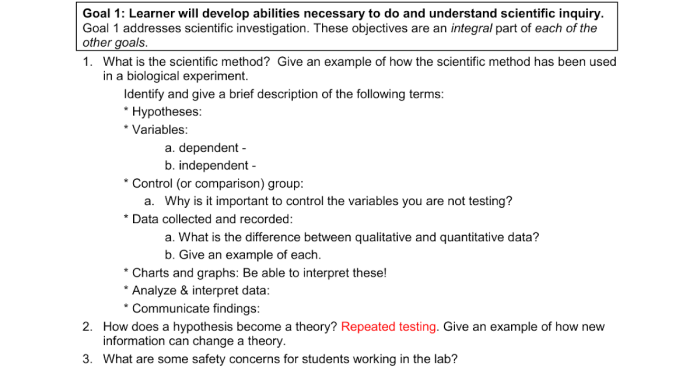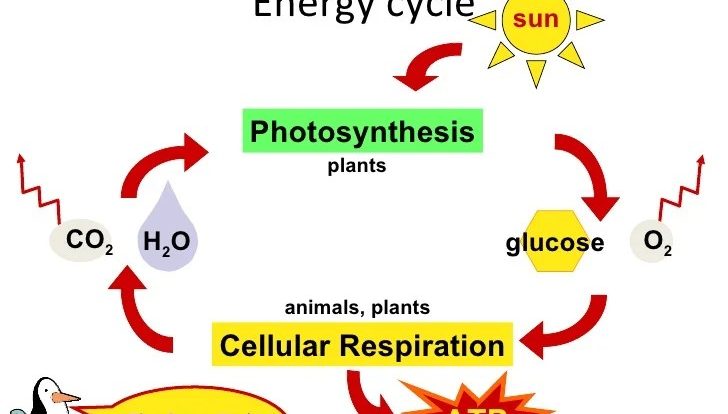The Biology End of Course Test Study Guide is an indispensable resource for students preparing for their end-of-course exam. This comprehensive guide covers the core concepts and principles of biology, providing a solid foundation for understanding the subject matter and achieving success on the test.
Within this study guide, you will find detailed explanations of key biological concepts, such as cell structure and function, genetics, evolution, ecology, and human biology. Each chapter is packed with examples, illustrations, and diagrams to enhance comprehension and retention. Additionally, practice questions and study tips are included to help you gauge your understanding and develop effective study strategies.
Introduction

The biology end-of-course test is a comprehensive assessment of the key concepts and principles of biology. This study guide is designed to help students prepare for the test by providing a review of the core concepts, practice questions, and study tips.
Core Concepts

The core concepts of biology include:
- The structure and function of cells
- The principles of Mendelian genetics
- The theory of evolution by natural selection
- The interactions between organisms and their environment
- The major systems of the human body
Cell Biology, Biology end of course test study guide
Cells are the basic unit of life. They are composed of a cell membrane, cytoplasm, and DNA. Cells carry out a variety of functions, including metabolism, growth, and reproduction.
- Cell membrane:The cell membrane is a thin layer of lipids that surrounds the cell. It protects the cell from its surroundings and regulates the passage of materials into and out of the cell.
- Cytoplasm:The cytoplasm is the jelly-like substance that fills the cell. It contains the cell’s organelles, which are small structures that carry out specific functions.
- DNA:DNA is the genetic material of cells. It contains the instructions for making all of the proteins that the cell needs.
Genetics
Genetics is the study of heredity. Heredity is the passing of traits from parents to offspring. Traits are determined by genes, which are located on chromosomes. Chromosomes are found in the nucleus of cells.
- Mendelian genetics:Mendelian genetics is the study of the inheritance of traits. Gregor Mendel was an Austrian monk who developed the laws of heredity in the 1860s.
- DNA:DNA is the genetic material of cells. It contains the instructions for making all of the proteins that the cell needs.
- RNA:RNA is a molecule that is similar to DNA. It is used to carry genetic information from the nucleus to the cytoplasm.
Commonly Asked Questions: Biology End Of Course Test Study Guide
What is the scope of the Biology End of Course Test?
The Biology End of Course Test covers the core concepts and principles of biology, including cell biology, genetics, evolution, ecology, and human biology.
How can I use this study guide effectively?
This study guide is designed to be used alongside your class notes and textbook. Read each chapter carefully, taking notes and highlighting important concepts. Complete the practice questions at the end of each chapter to test your understanding. Utilize the study tips provided to develop effective study habits.
Where can I find additional resources for studying biology?
There are many resources available online and in libraries that can supplement your studies. Consider using online videos, simulations, and interactive quizzes to enhance your understanding of complex topics.

